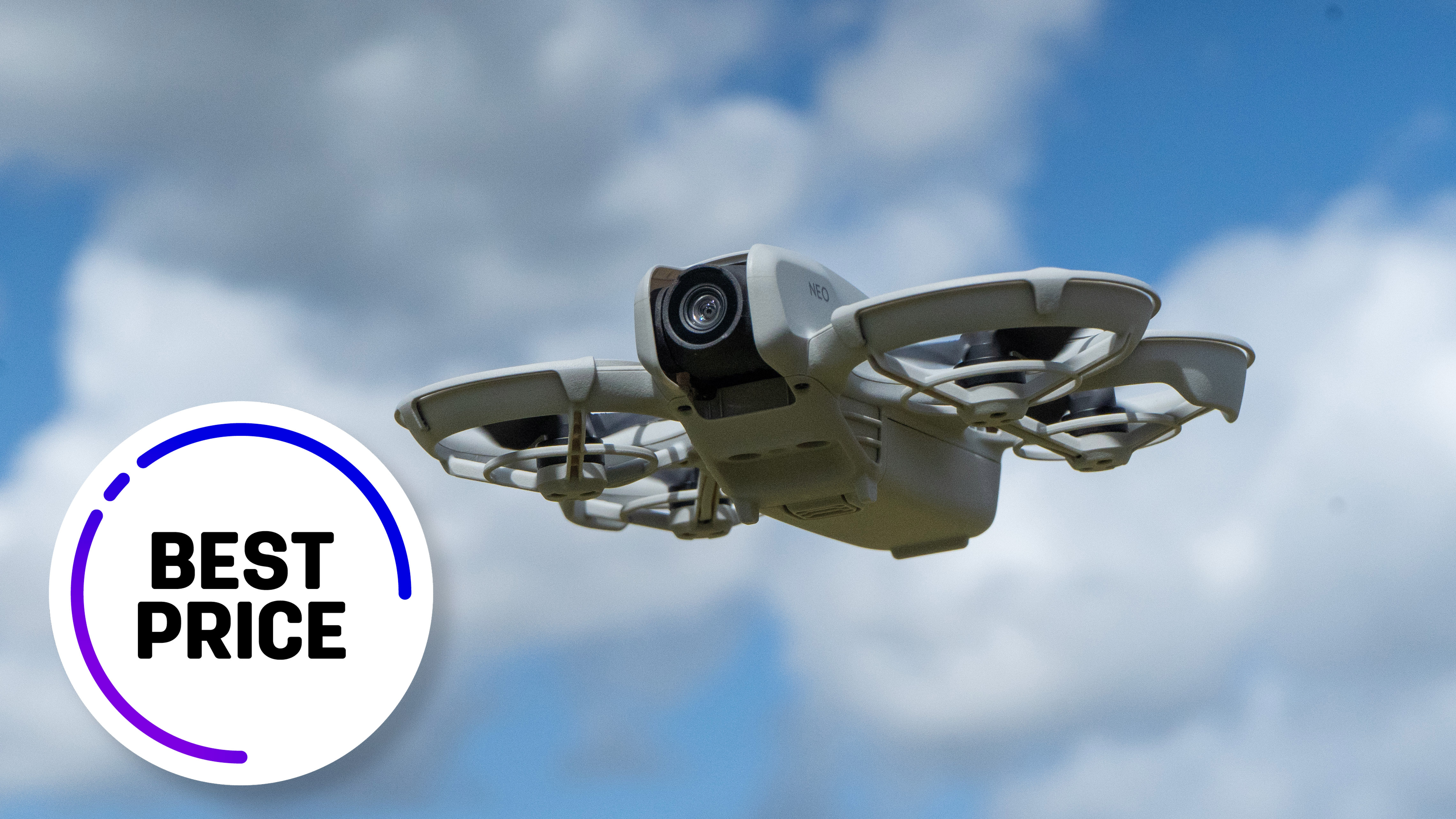Artificial intelligence in photography? What happened to the ordinary kind?
The greatest advocates of AI are typically the companies selling it, so is it useful, and is it good for photography?
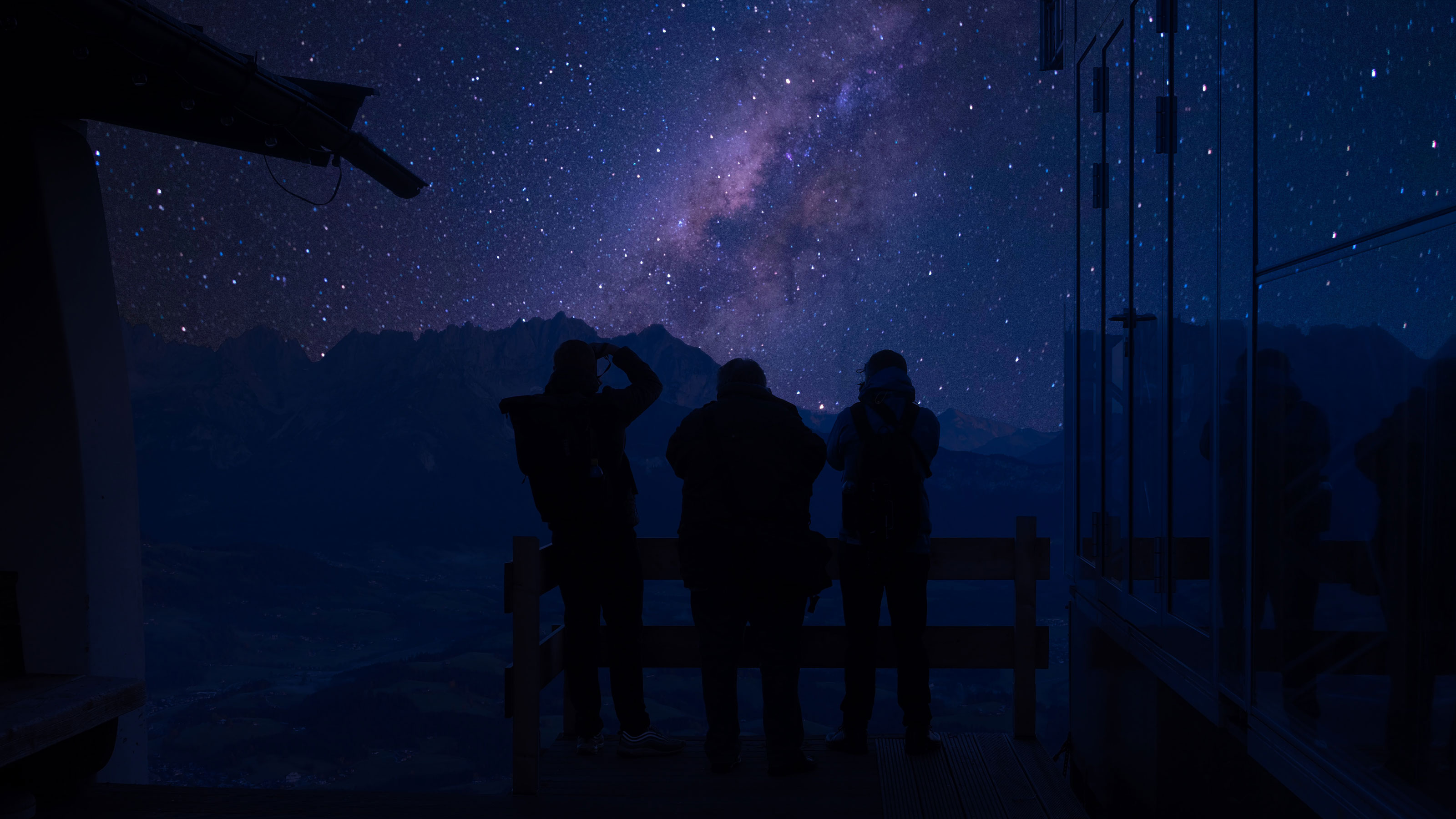
AI is everywhere. Machine learning is, by implication great, because it means we don’t have to do any learning ourselves. Deep Learning is the new alternative to us actually doing it, and Neural Networks are an incredibly technical alternative to what our brains do in their sleep. All this, just to save us from thinking.
In photography, AI is used for everything from selecting objects to choosing a preset, from working out what to focus on to optimizing the camera settings to suit a scene. It’s about making a machine do something so that we don’t have to.
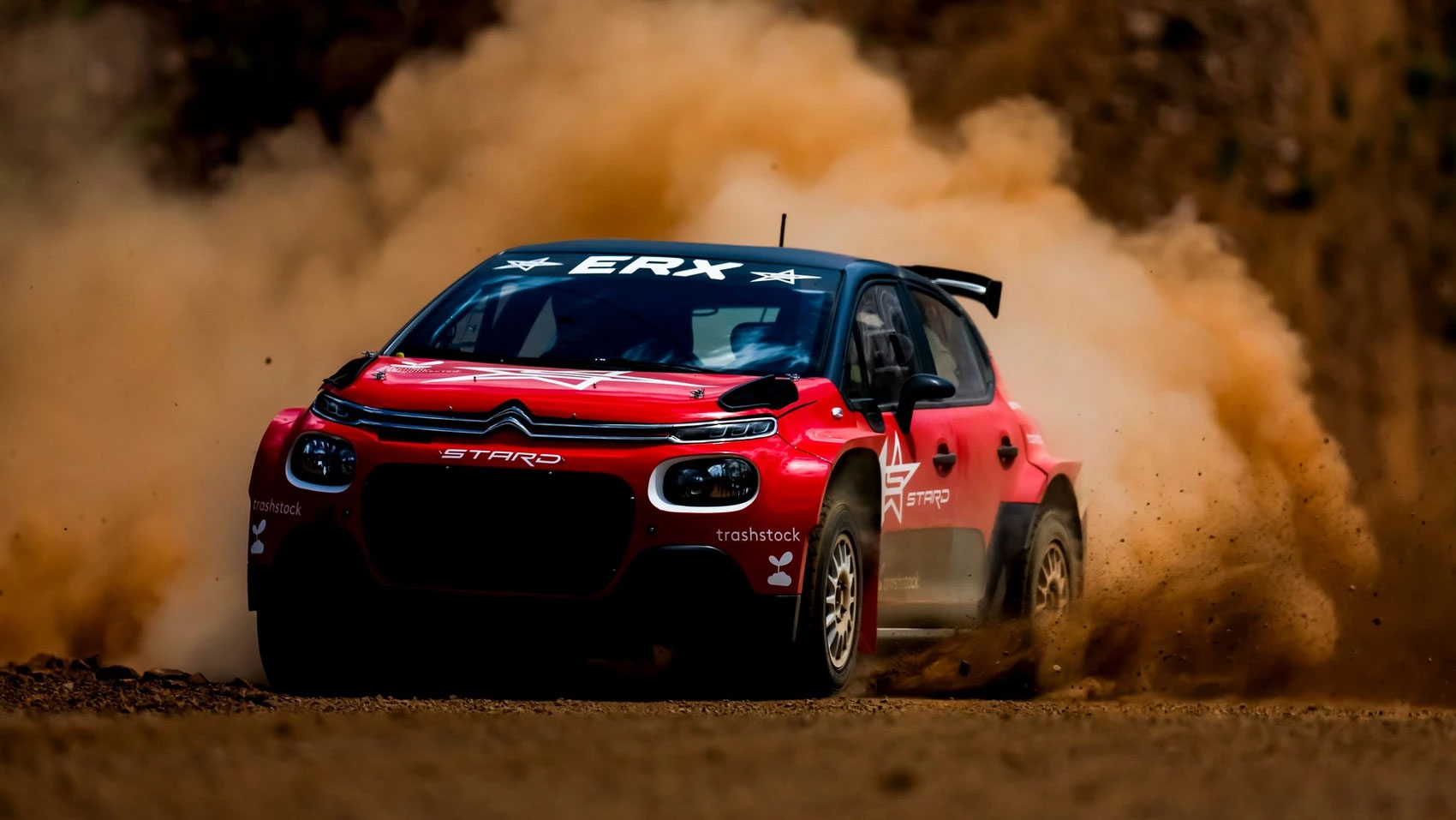
When AI can really make a difference
AI can, indeed, do a lot of complicated things a lot faster than we can. This can mean focusing on a human eye, or a bird, or a train, or a blueberry (soon, probably) faster than we ever could. It’s easy to see how that could be useful. It's leading to a revolution in sports and wildlife photography and the ability to track fast moving subjects and keep them in focus.
This isn't actually that new. Cameras have had subject-based tracking modes for a while – you identify an object or an area and the camera can track it within the scene. What's changed is that cameras now know what these objects of interest are (many of them) and can locate them for you in the frame. This has gone along with much more powerful AF algorithms and faster and more powerful AF actuators in lenses.
The second is that the latest photo editing AI can save us from the effort of making complex and difficult selections manually. Skylum Luminar leads the field here, with AI-powered sky selection and replacement, AI face and feature recognition for portrait enhancement and AI subject and background masking.
Other software is doing the same. Photoshop has its own AI sky replacement feature and Lightroom has an extremely effective sky and subject masking tool that's uncannily and unerringly accurate.
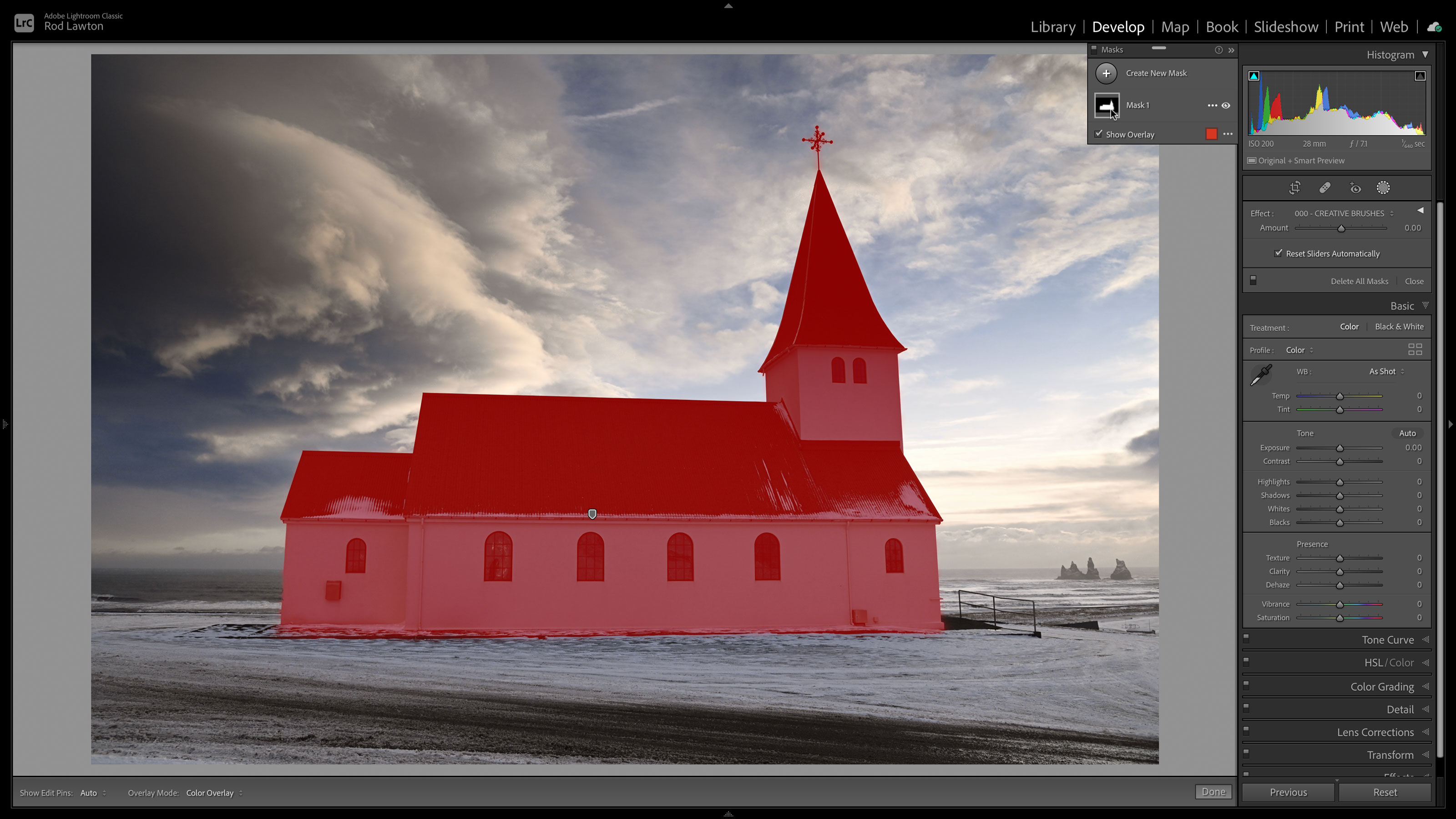
When AI starts to take over
So far so good. AI can definitely help us achieve our creative aims more easily. But what happens when it starts to interfere with the creative process itself? Is AI starting to tell us what to shoot, how to shoot it and what it should look like when it's edited?
Get the Digital Camera World Newsletter
The best camera deals, reviews, product advice, and unmissable photography news, direct to your inbox!
Luminar will analyse the content of your photos using AI and then suggest templates (presets) to make them look wonderful. Lightroom offers AI-driven preset suggestions.
It all seems harmless enough, and perhaps ideal for beginners still exploring different visual styles, but it also leads people towards a broad, generic ‘taste’ suggested by a machine learning algorithm.
Are we perhaps heading for a future where every image is ‘good’ but the same. A future of universal competence, with visual value determined by an algorithm, coded by people who have never taken a photograph but know how to analyse the heck out of data.
It's easy to fall into this idea there is a universal ‘good’ selection, ‘good photograph’ or ‘good’ styling choice. This is a great way to breed a race of imaging automatons, and to make sure that we never again have a Vivian Maier, Henri Cartier-Bresson, Annie Leibovitz or Bill Brandt.
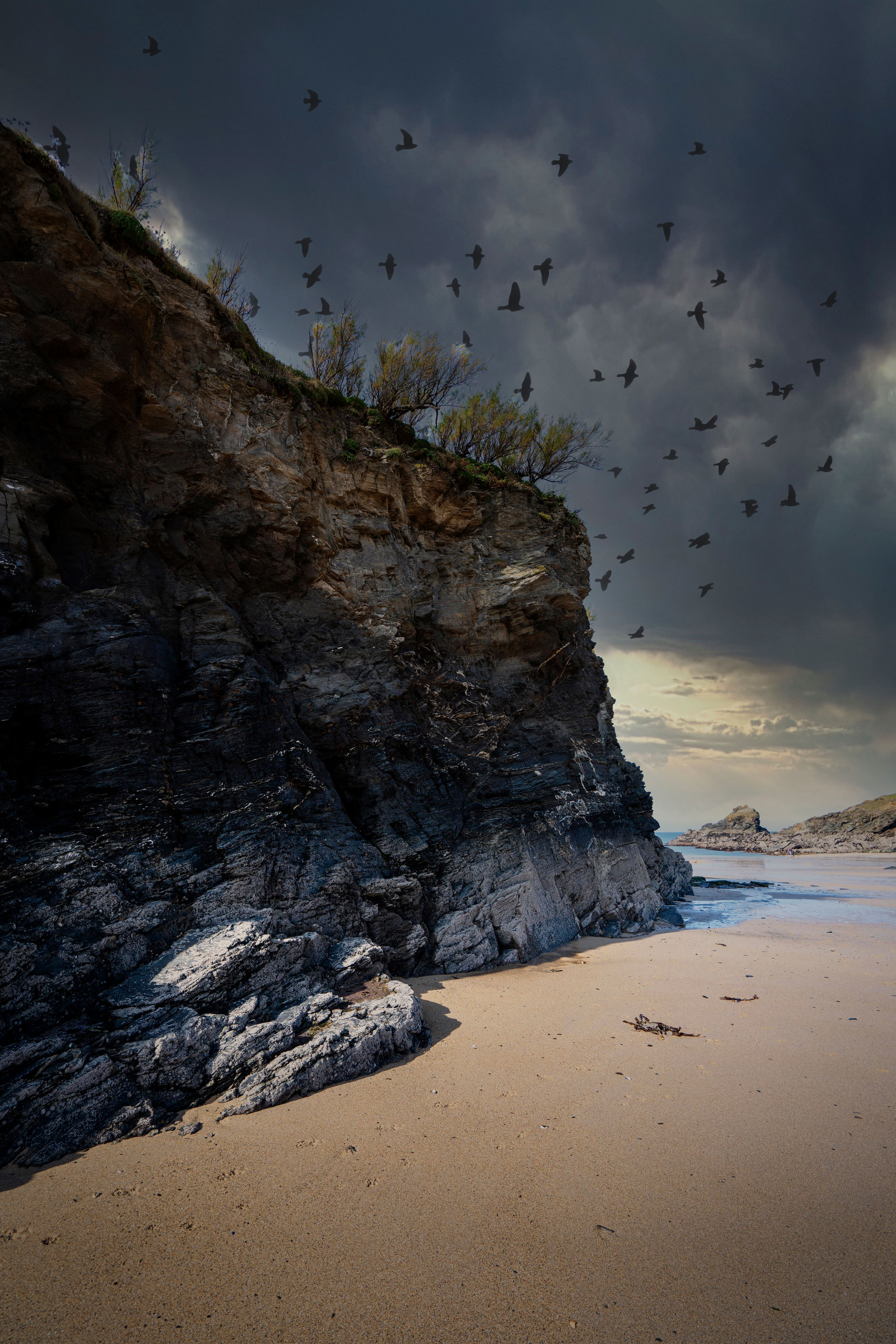
Photography or fakery?
AI didn't invent photographic fakery, but it's sure made it easier. Personally, I'm fixated on Skylum's AI Sky Replacement. In a few moments you can turn ordinary scenes into something surreal, dramatic or beautiful.
But this is fine. Photography doesn't have to be a forensic record of reality. Some photographers like to record what's there and what's real; others like to make images that evoke ideas or moods.
AI sky replacement, portrait enhancement and masking are great tools for making images of the second kind but, of course there is a crossover. Very often a landscape will look better with a different sky, and a portrait sitter might be much happier with an edited version of themselves.
This is where it gets tricky, especially in the new 'influencer economy'. It's very easy now for anyone to fake a photo but still present it as 'reality' (often because they don't know any better). You can make yourself look beautiful, your travels look amazing and your life look wonderful – and all the time your AI-enhanced photos are being offered as evidence of these things. That's a bit naughty.
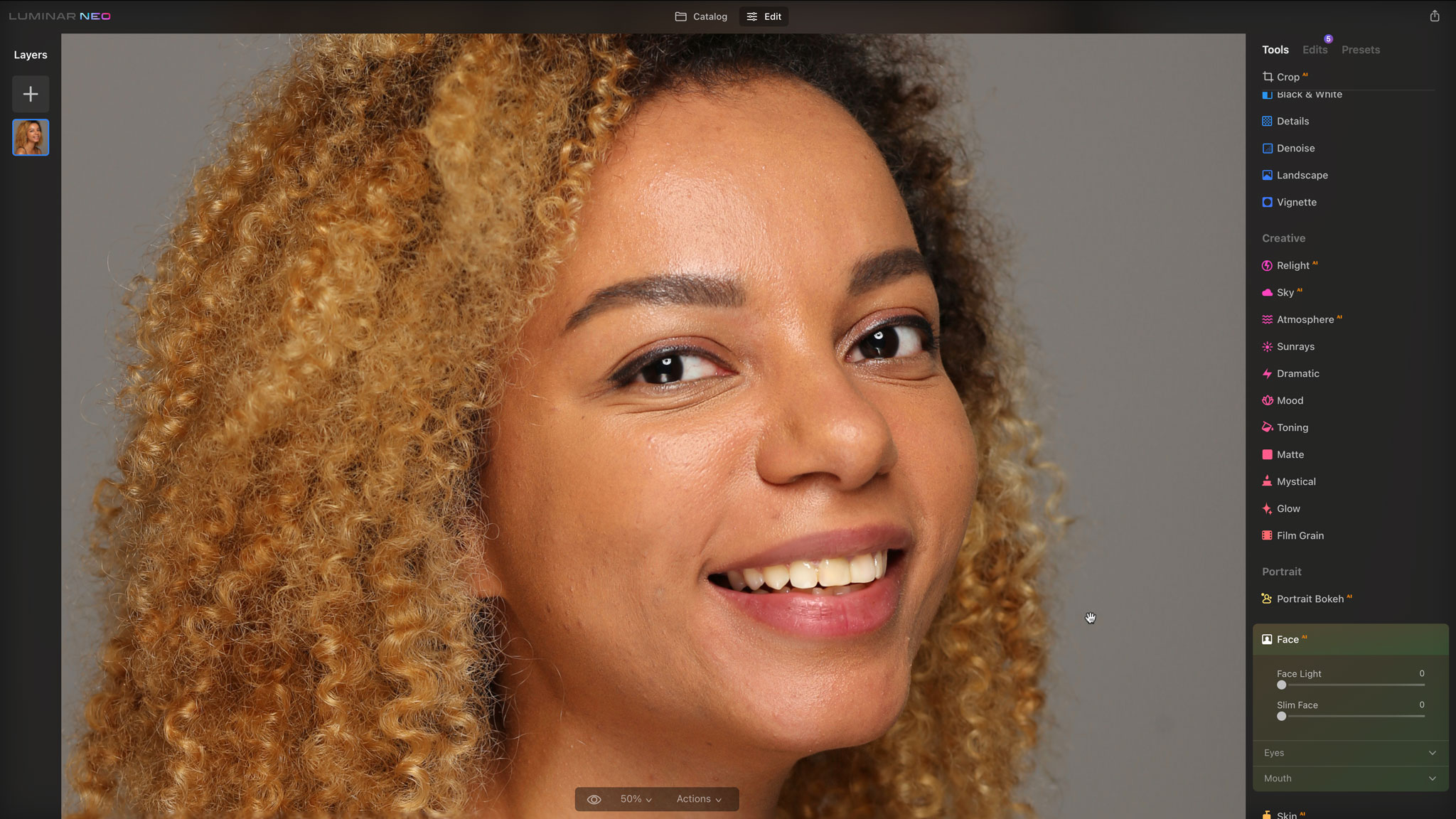
Do we want likes or originality?
Are we really so lazy, insecure, fame-hungry and ignorant that we will happily let a machine do our thinking for us? Nobody wants to take a bad picture, but surely that’s a risk worth taking compared to the alternative – surrendering to an AI-driven universality where your best pictures are the same as everyone else’s and you happily trade your individuality for popularity.
It's not all AI's fault. Social media algorithms are also to blame. They've led us to imagine that what's popular is good, and that instant impact is all that matters. It's fine for AI to help us be more individual and creative, but not if all it's doing is reducing photography to a bunch of popular memes.
The history of photography is a delightful mixture of the kitsch and the popular and the wild and individualistic. We need to keep it that way.
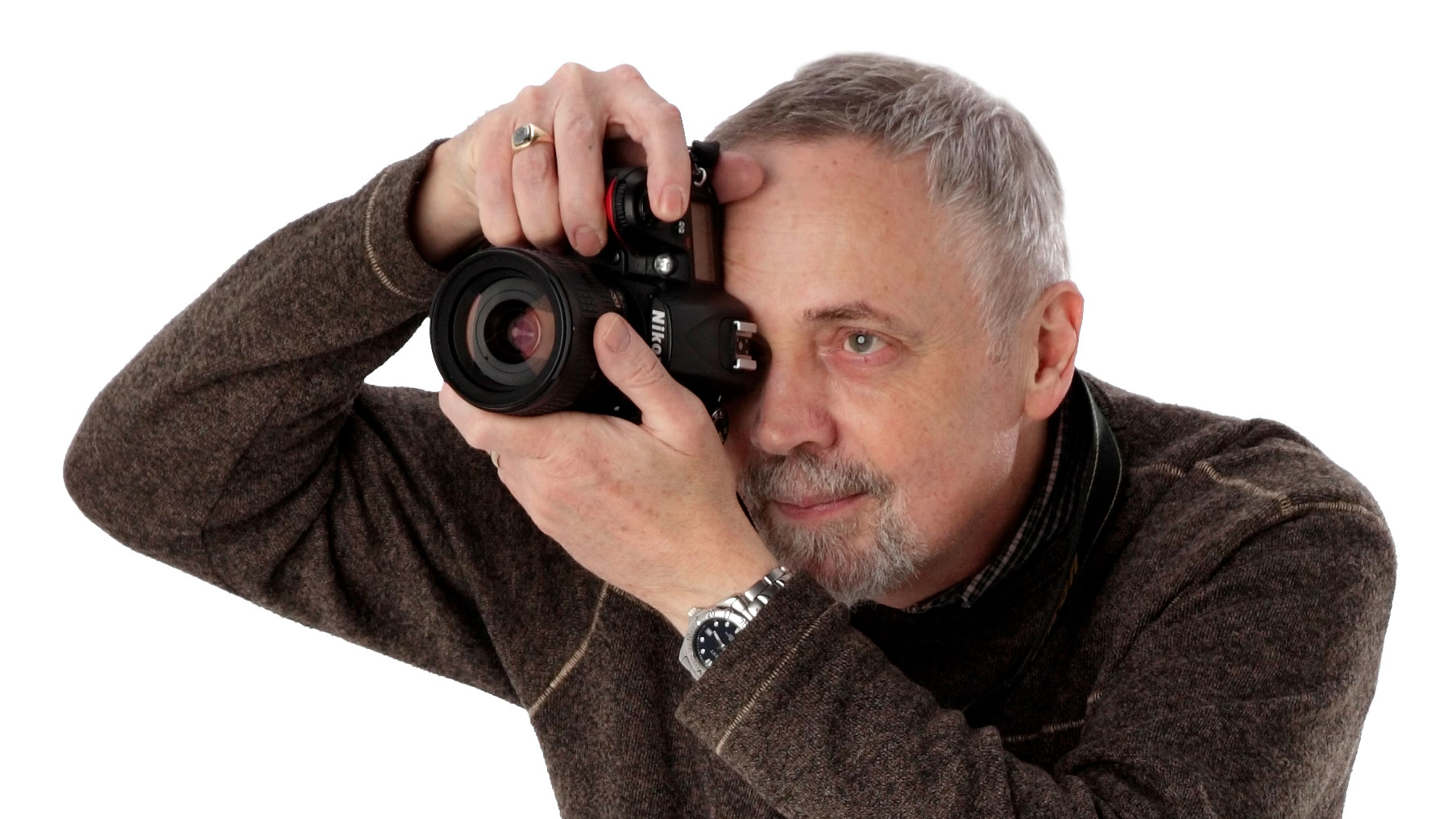
Rod is an independent photography journalist and editor, and a long-standing Digital Camera World contributor, having previously worked as DCW's Group Reviews editor. Before that he has been technique editor on N-Photo, Head of Testing for the photography division and Camera Channel editor on TechRadar, as well as contributing to many other publications. He has been writing about photography technique, photo editing and digital cameras since they first appeared, and before that began his career writing about film photography. He has used and reviewed practically every interchangeable lens camera launched in the past 20 years, from entry-level DSLRs to medium format cameras, together with lenses, tripods, gimbals, light meters, camera bags and more. Rod has his own camera gear blog at fotovolo.com but also writes about photo-editing applications and techniques at lifeafterphotoshop.com
